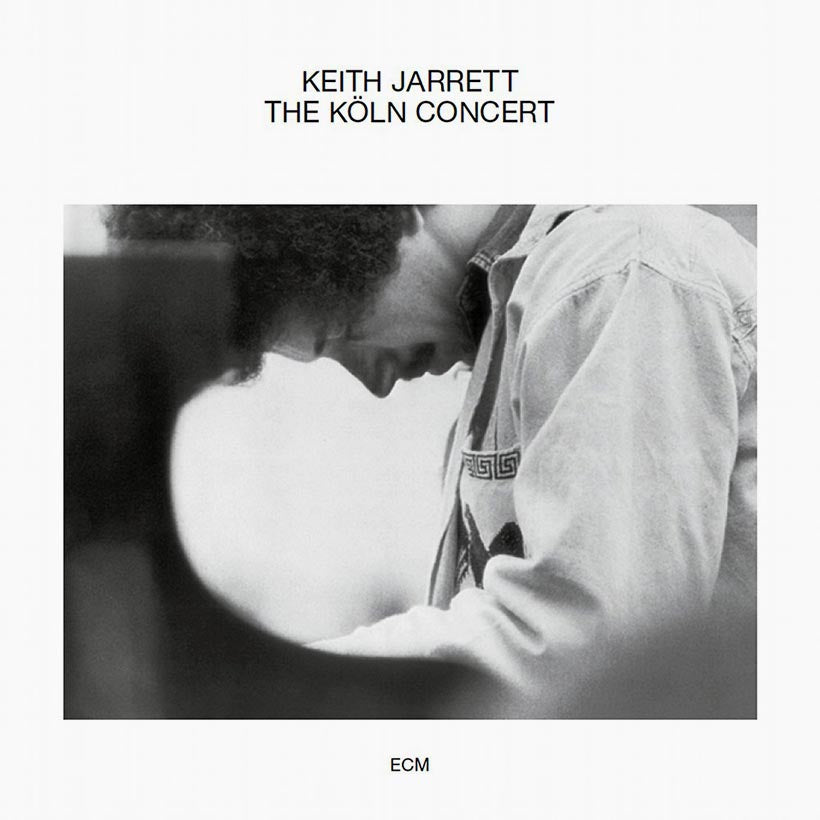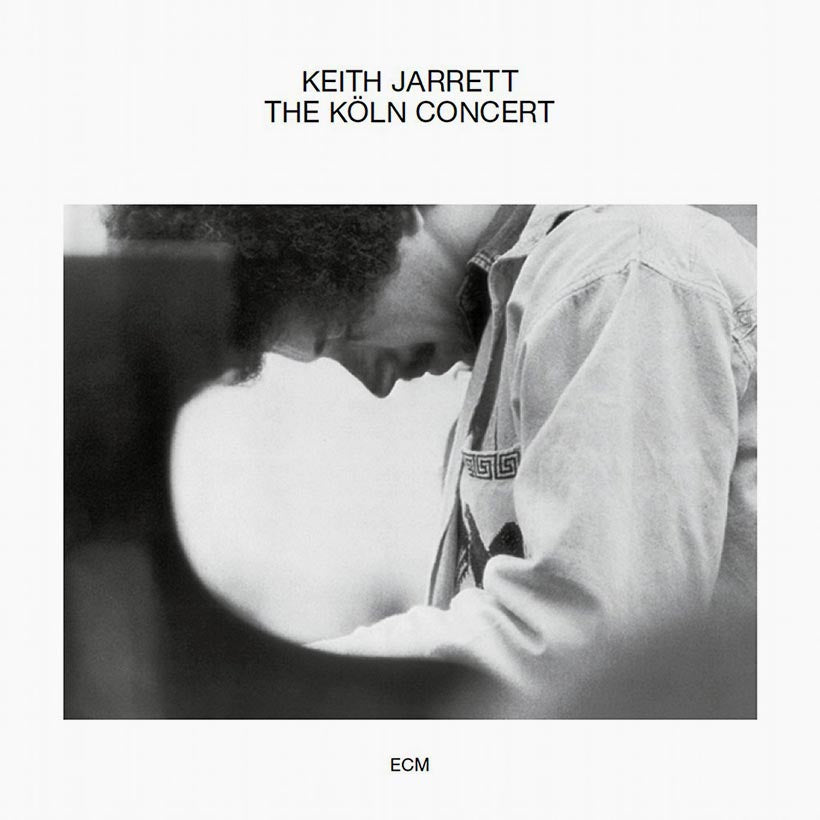Keith Jarrett The Köln Concert
-
Regular price
-
$70.00 SGD
-
Regular price
-
-
Sale price
-
$70.00 SGD
- Unit price
-
per
Couldn't load pickup availability
About
- A TAV Essential Listening Album -
Recorded as one continuous concert at the Cologne Opera House in 1975, this hour-long solo improvisation by Pennsylvanian pianist Keith Jarrett became nothing short of legendary - and the best-selling piano record in history. Indulgent and esoteric, but also transformative and spiritual - The Köln Concert features Miles Davis' and Art Blakey’s former keyboardist at his most audacious and unrestrained.
As much jazz as it was classical and pop, Jarrett brought the poorly-tuned piano he was provided to life with mutating passages and marvellous turns that provided the listener with an immersive glimpse to the piano maestro’s train of thought in real-time. Built upon repeating meditative motifs and hypnotically rhythmic sequences, this live performance was divine inspiration manifested. - The Analog Vault
↓
Label: ECM Records
Format: 2 x Vinyl, LP, Album, Reissue, Stereo, 180 g, Gatefold
Reissued: 2010 onwards / Original: 1975
Genre: Jazz
Style: Post Bop, Free Improvisation, Live, Piano
File under: ECM Records
⦿
Share
- Regular price
- $70.00 SGD
- Regular price
-
- Sale price
- $70.00 SGD
- Unit price
- per
Couldn't load pickup availability
About
- A TAV Essential Listening Album -
Recorded as one continuous concert at the Cologne Opera House in 1975, this hour-long solo improvisation by Pennsylvanian pianist Keith Jarrett became nothing short of legendary - and the best-selling piano record in history. Indulgent and esoteric, but also transformative and spiritual - The Köln Concert features Miles Davis' and Art Blakey’s former keyboardist at his most audacious and unrestrained.
As much jazz as it was classical and pop, Jarrett brought the poorly-tuned piano he was provided to life with mutating passages and marvellous turns that provided the listener with an immersive glimpse to the piano maestro’s train of thought in real-time. Built upon repeating meditative motifs and hypnotically rhythmic sequences, this live performance was divine inspiration manifested. - The Analog Vault
↓
Label: ECM Records
Format: 2 x Vinyl, LP, Album, Reissue, Stereo, 180 g, Gatefold
Reissued: 2010 onwards / Original: 1975
Genre: Jazz
Style: Post Bop, Free Improvisation, Live, Piano
File under: ECM Records
⦿
Share

- Choosing a selection results in a full page refresh.




